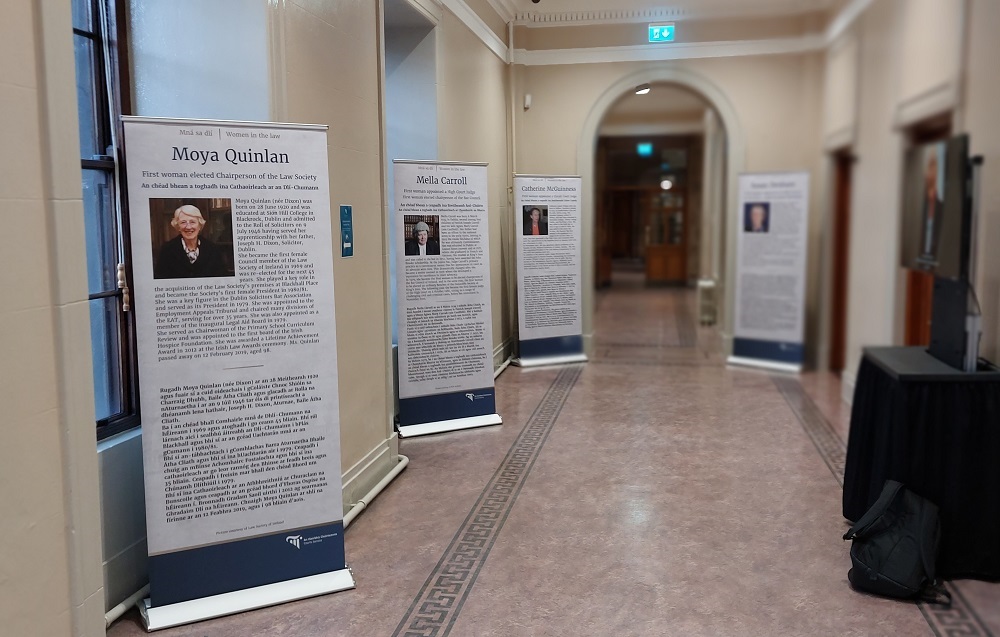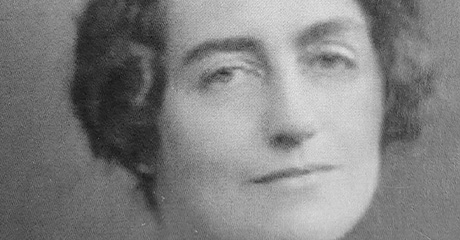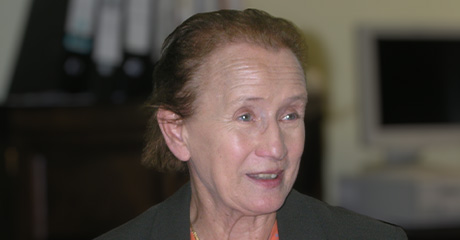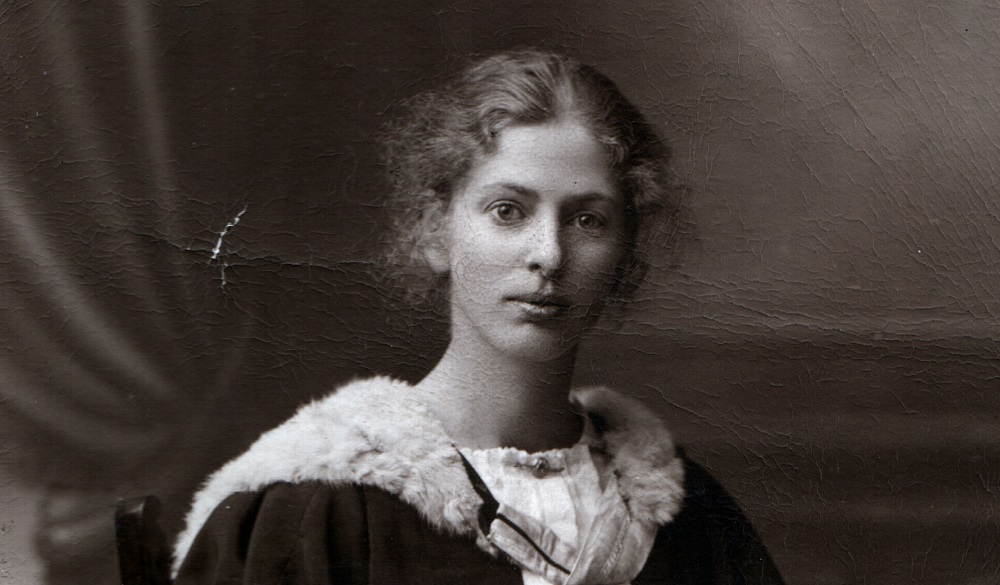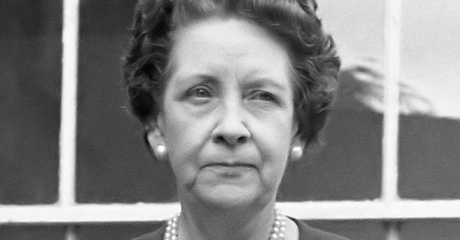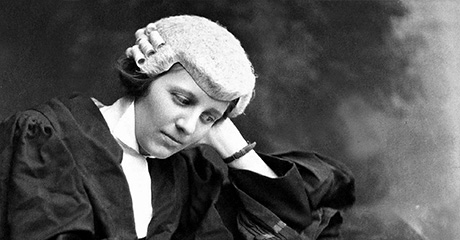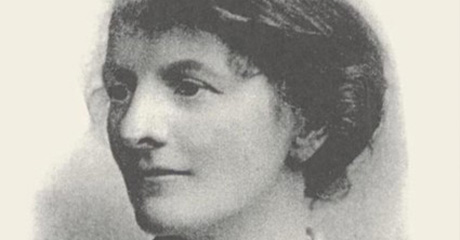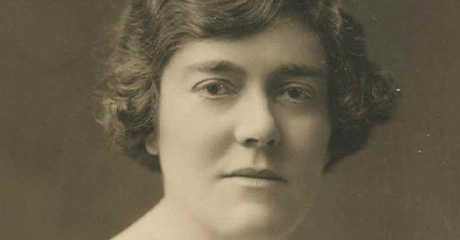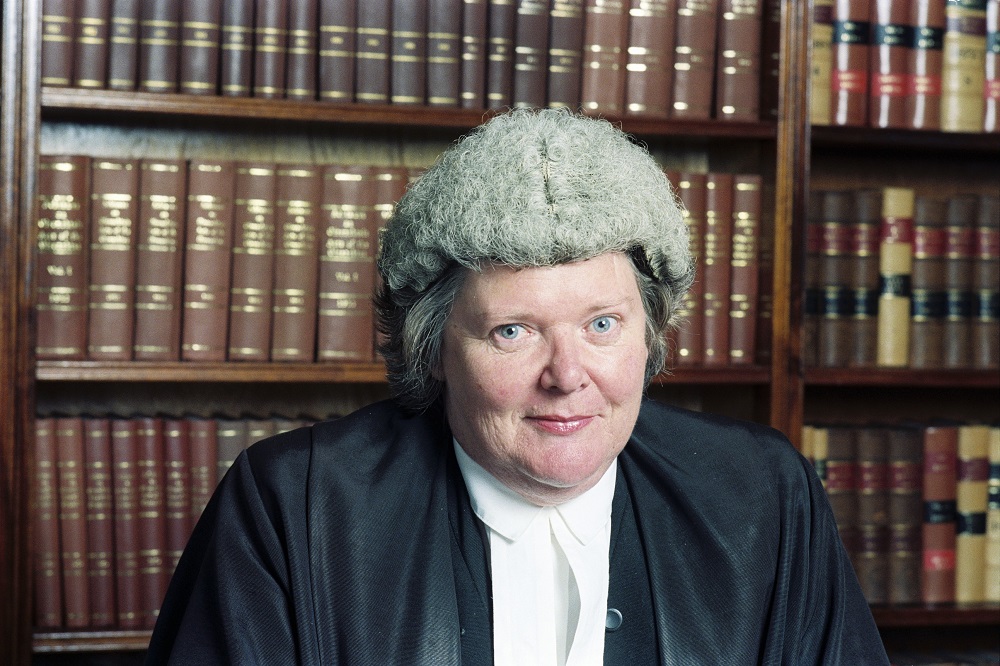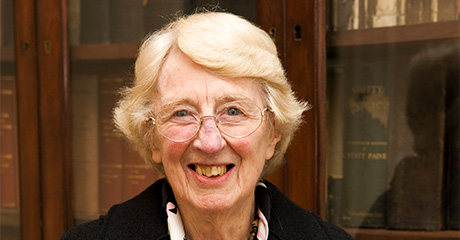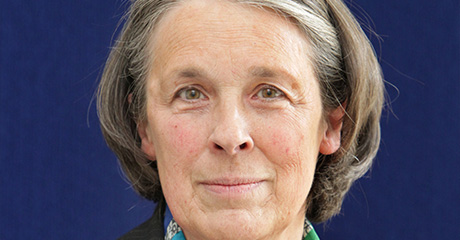First woman to practice at the Bar of Ireland.
Averil Deverell was born in Greystones in 1893 to William Deverell, Clerk for the Crown and Peace in Wicklow, and Ada Kate Statter. She studied law in Trinity College Dublin and later in the King’s Inns. She was the second of two women called to the Bar on 1 November 1921, alongside 18 men, one of whom was her twin brother, Captain William Deverell, and the first woman to practice at The Bar of Ireland.
At the Bar, she became a campaigner for gender equality and worked tirelessly to promote the view that women were equally competent to carry out the same work as men.
She remained active in her career, practicing for over 40 years, appearing in many cases, and giving numerous written opinions on tangled legal subjects.
She is mentioned in the Irish Times in 1931 as having a reputation among her colleagues for witty repartee and later became known as ‘Mother of the Bar’, mentoring a number of women lawyers and continuing to advocate gender equality in the profession.
Picture courtesy of Bar of Ireland



